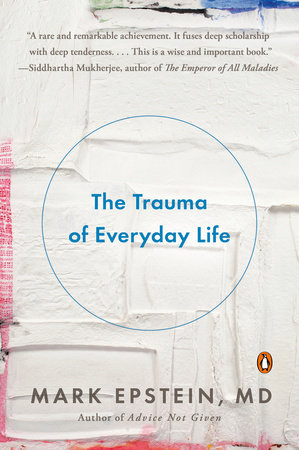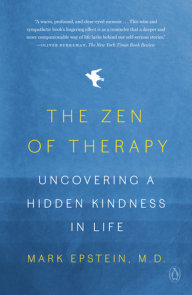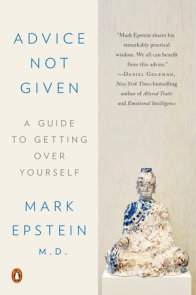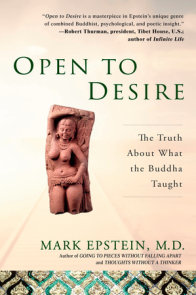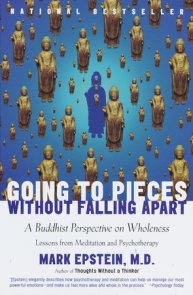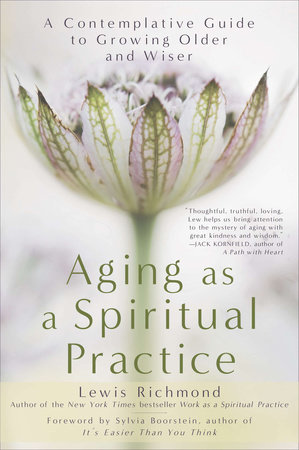

The Trauma of Everyday Life
By Mark Epstein, M.D.
By Mark Epstein, M.D.
By Mark Epstein, M.D.
By Mark Epstein, M.D.
Category: Self-Improvement & Inspiration | Religion
Category: Self-Improvement & Inspiration | Religion

-
$17.00
Jul 29, 2014 | ISBN 9780143125747
-
Aug 15, 2013 | ISBN 9781101622650
YOU MAY ALSO LIKE
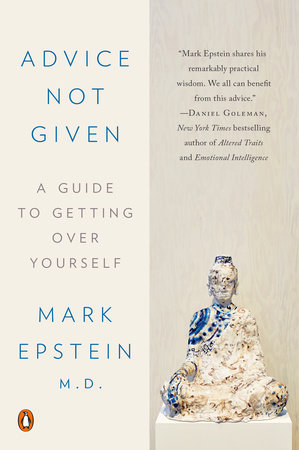
Advice Not Given
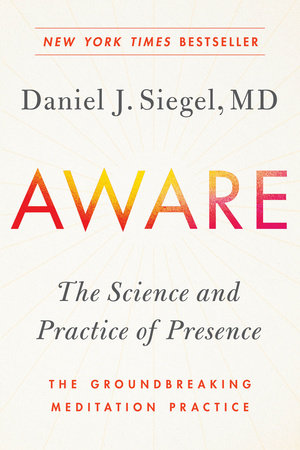
Aware
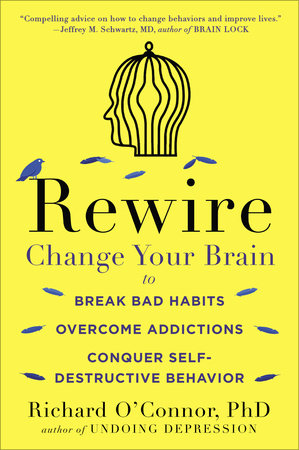
Rewire
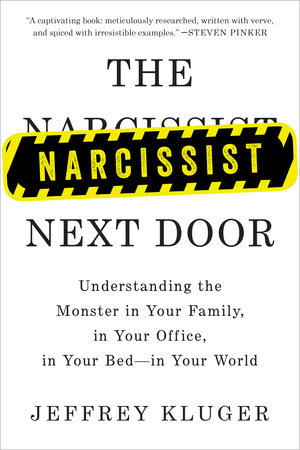
The Narcissist Next Door
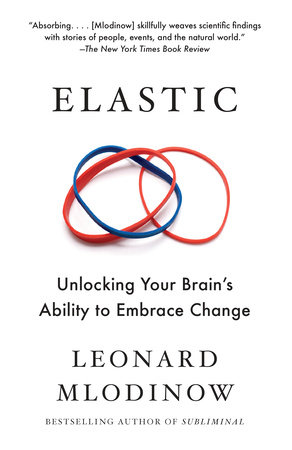
Elastic
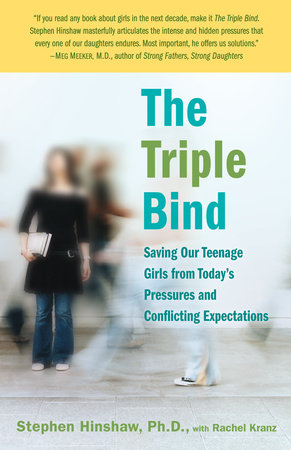
The Triple Bind
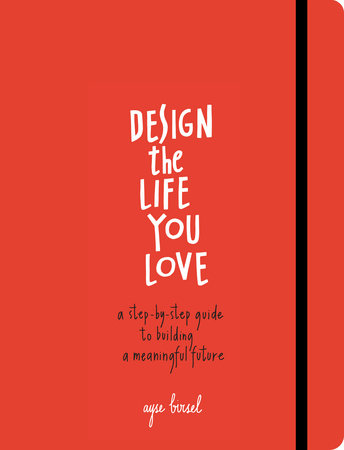
Design the Life You Love
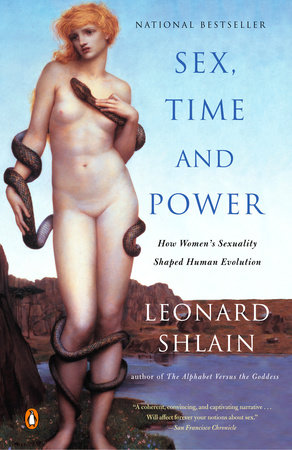
Sex, Time, and Power
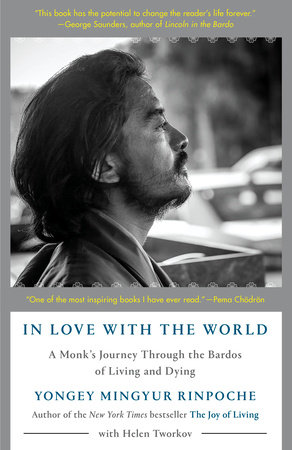
In Love with the World
Praise
“Epstein’s book is a guide to viewing trauma realistically, not striving to avoid it or even suss out its cause, but use it as a means of understanding “the texture” of our own suffering. If, as the Buddha said, life is suffering, why not suffer wisely?”
—Nancy Haught, The Portland Oregonian
“Mark Epstein’s book is a rare and remarkable achievement. It fuses deep scholarship with deep tenderness—in the spirit of the greatest Buddhist teachers—to investigate the nature and psychic repercussions of trauma. The fact that Epstein can effortlessly transit between the ancient truths of Buddhism and the most contemporary understanding of trauma is a testament to his agility as a thinker. This is a wise and important book.”
—Siddhartha Muhkerjee, author of The Emperor of All Maladies
“This daring psychobiography of the Buddha divines in tales of his life the sources of his early emotional pain and finds in the Buddha’s methods a balm for the human psyche. In a breathtaking display of the therapeutic art, Epstein does ingenious psychodynamic detective work, deducing what ailed the Buddha, and why his remedies work so well. The Trauma of Everyday Life reads like a gripping mystery one told by your warm and reassuring, but utterly candid, analyst. What’s true for the Buddha, Epstein explains, applies to us all.”
—Daniel Goleman, author of Emotional Intelligence
“Written with authentic originality, from the author’s own inward struggles and achievements, it is the most loving, gentle, brave, insightful, and exquisite presentation of the all too fully human process of enlightenment I have seen. Reading it engages us to look deep within to the heart as we expand our mind to appreciate the Buddha’s example in the only real way—with the joy of natural relational knowing. Buddha would have loved it—I love it! I recommend it—a transforming pleasure!”
—Robert A. F. Thurman, Jey Tsong Khapa Professor of Buddhist Studies, Columbia University; author of Essential Tibetan Buddhism
“Mark Epstein is one of the very few writers who has been able to make the connections between psychoanalysis and Buddhism seem not merely interesting, but somehow riveting and useful. Written with Epstein’s characteristic lucidity and passion, this inspired and illuminating book clarifies a lot of our presuppositions about trauma and, indeed, about everyday life. It should be of considerable interest to a great many people.”
—Adam Phillips, author of Missing Out and Winnicott
“In this intriguing and deeply moving meditation on the human condition, Mark Epstein offers a psychoanalytic reading of the Buddha’s life that illuminates the same tragedies and joys that are just as much part of our life today.”
—Stephen Batchelor, author of Confession of a Buddhist Atheist
“Mark Epstein has managed to bring to life a sensitive and subtle understanding of human suffering and how traumatic the human condition is, and how transcendent and liberative it can be. His exploration of the subject draws beautifully and candidly on his own life, his own meditation practice, and his love for the Buddha’s life story and embodied wisdom teachings. He weaves these threads and themes together with his love of Winnicott and psychotherapy in the most magical of ways. It is a remarkable and poetic achievement and goes to the heart of the relational nature of human awareness, reflected, as he shows, in our own implicit memory.”
—Jon Kabat-Zinn, author of Full Catastrophe Living and Mindfulness for Beginners
“As always, Mark Epstein meditates on experience—his own and that of others—with exemplary intelligence, sensitivity, and tact. It is hard to imagine a book this year with more lucid and bracing wisdom.”
—Pankaj Mishra, author of An End to Suffering: The Buddha in the World
21 Books You’ve Been Meaning to Read
Just for joining you’ll get personalized recommendations on your dashboard daily and features only for members.
Find Out More Join Now Sign In








